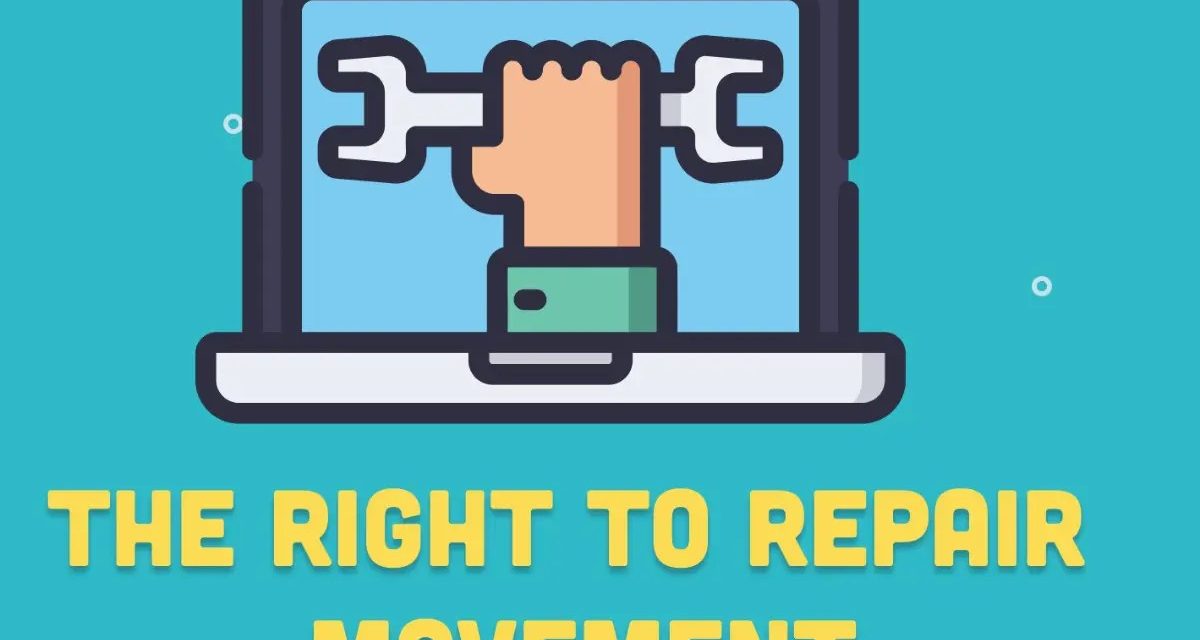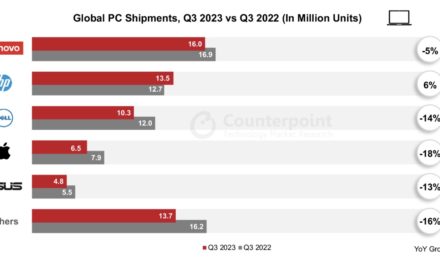While it may have supported a weaker right-to-repair bill in California, Apple is now lobbying against a stronger bill out of Oregon, according to AppleInsider.
An Apple exec lobbied against a strong right-to-repair bill in Oregon Thursday, which is the first time the company has had an employee actively outline its stance on right to repair at an open hearing, reports 404 Media.
“It is our belief that the bill’s current language around parts pairing will undermine the security, safety, and privacy of Oregonians by forcing device manufacturers to allow the use of parts of unknown origin in consumer devices,” John Perry, told the legislature.
So why would Apple support right-to-repair in one state and not another, but as always. As 404media points out, Oregon’s bill has one key difference — it restricts parts pairing. Parts pairing” is a term used to describe Apple’s practice of matching certain components, such as the screen or battery, to the specific iPhone they were originally installed in. This ensures that only authentic Apple parts are used when repairing the device, explains AppleInsider.
In August 2023 Apple surprised everyone by penning a letter to California state senator Susan Talamantes Eggman, voicing support for SB 244, a “right to repair” bill currently making its way through Sacramento’s State Capitol building. Now that bill has been signed into law.
“Apple supports California’s Right to Repair Act so all Californians have even greater access to repairs while also protecting their safety, security, and privacy,” the company said in a statement provided to TechCrunch. “We create our products to last and, if they ever need to be repaired, Apple customers have a growing range of safe, high-quality repair options.”
On Oct. 10, 2023, California Governor Gavin Newsom signed the Right to Repair Act (SB 244). SB-244 sets strict terms for manufacturers by requiring parts, tools, and documentation for any purchased product for up to seven years after release.
For the most part, Apple has adamantly opposed Right to Repair laws. For example, A lobbyist working for Apple, Google, Samsung, and other tech companies succeeded in diluting the impact of a Right to Repair law.
Article provided with permission from AppleWorld.Today





